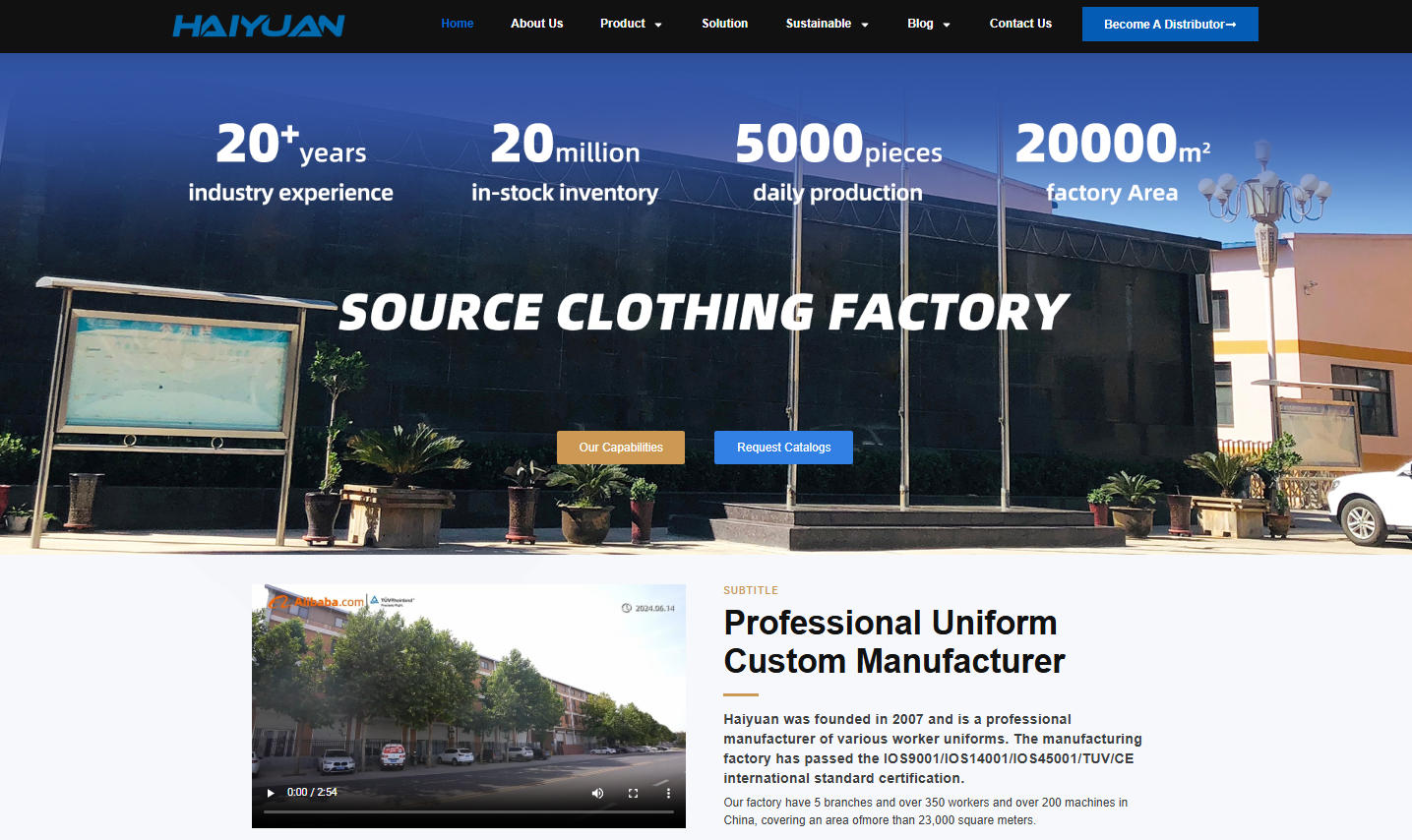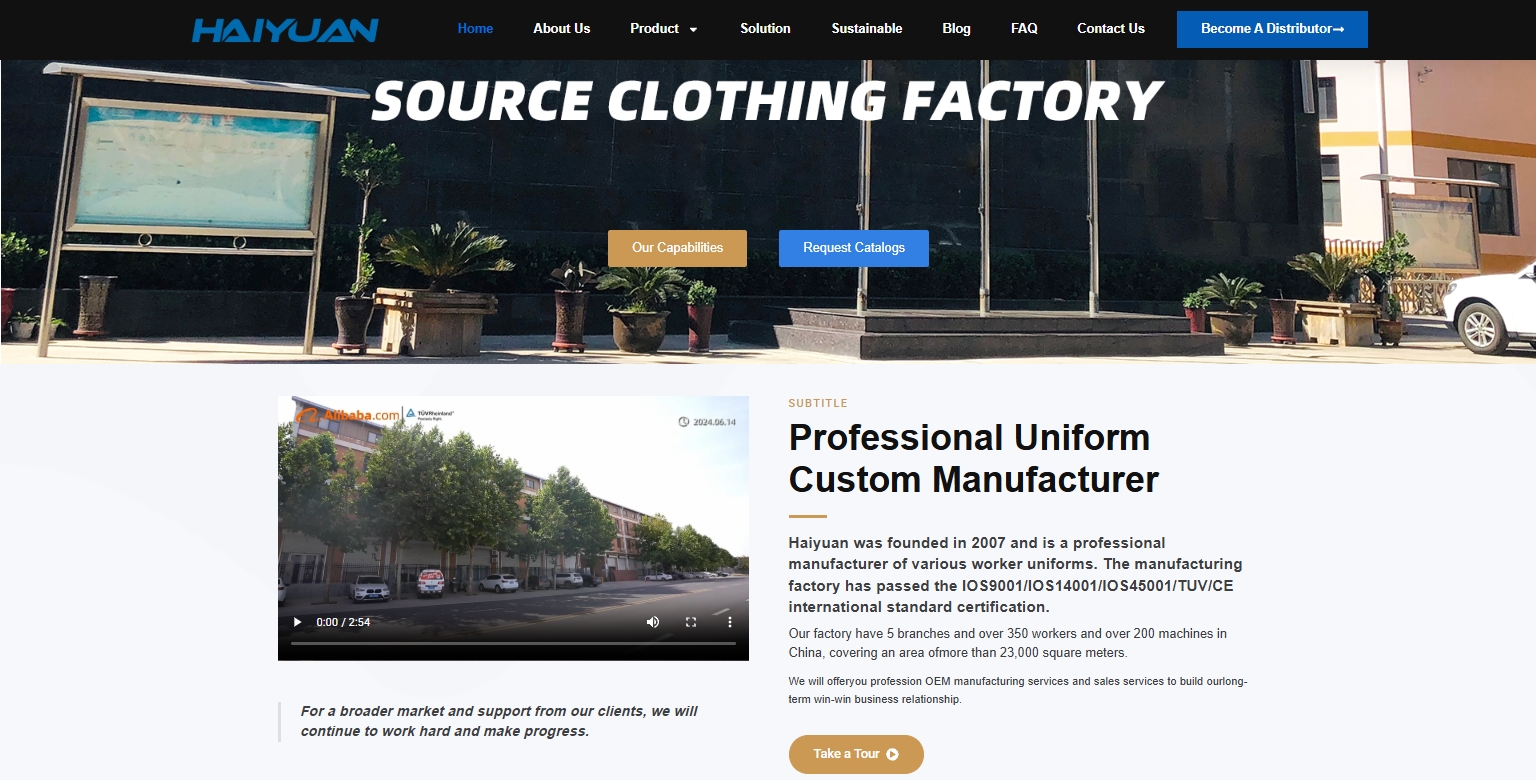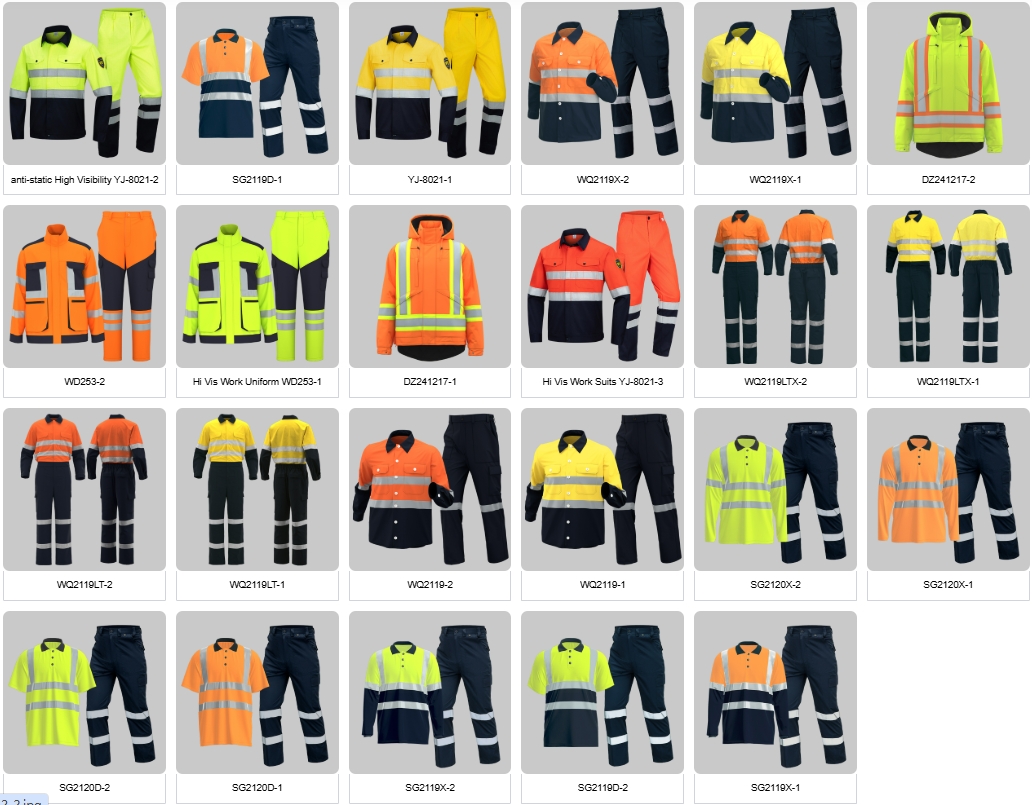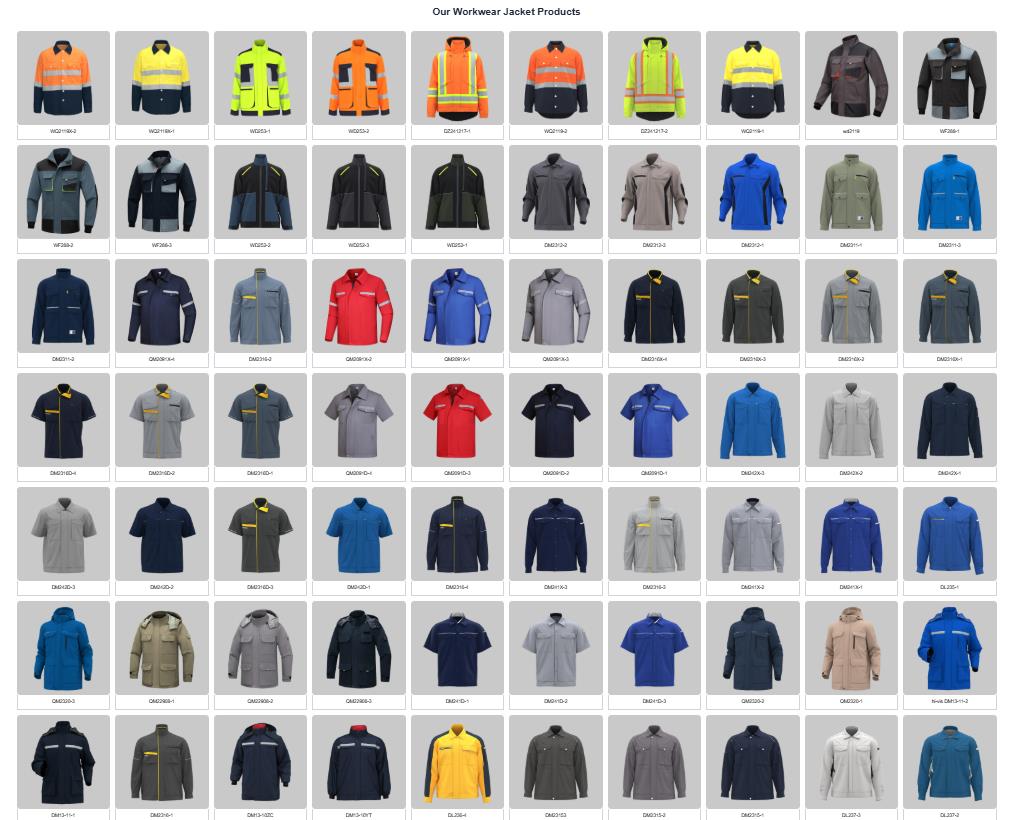This is an excellent follow-up question that shifts the focus from general workwear to specialized protective equipment.
The work of a safety jacket (more accurately called a high-visibility jacket or hi-vis jacket) is to make the wearer conspicuously visible, thereby preventing accidents and saving lives.
It’s a form of Personal Protective Equipment (PPE) designed not for warmth or style, but for safety through enhanced detection.
Here’s a breakdown of its core functions:
1. Primary Function: Enhanced Visibility
The main “job” is to ensure the wearer is seen as early and as clearly as possible by others, especially in low-light or high-risk environments. This works through two key components:
-
Fluorescent Background Material: Colors like neon yellow/green, orange-red, and orange. These colors are brilliant in daylight and stand out against most natural and urban backgrounds. They absorb UV light and re-emit it as visible light, making them appear “glowing” even in dim conditions.
-
Retroreflective Tape: Silver or white stripes that reflect light directly back to its source (e.g., a car’s headlights). This makes the wearer dramatically visible in the dark.
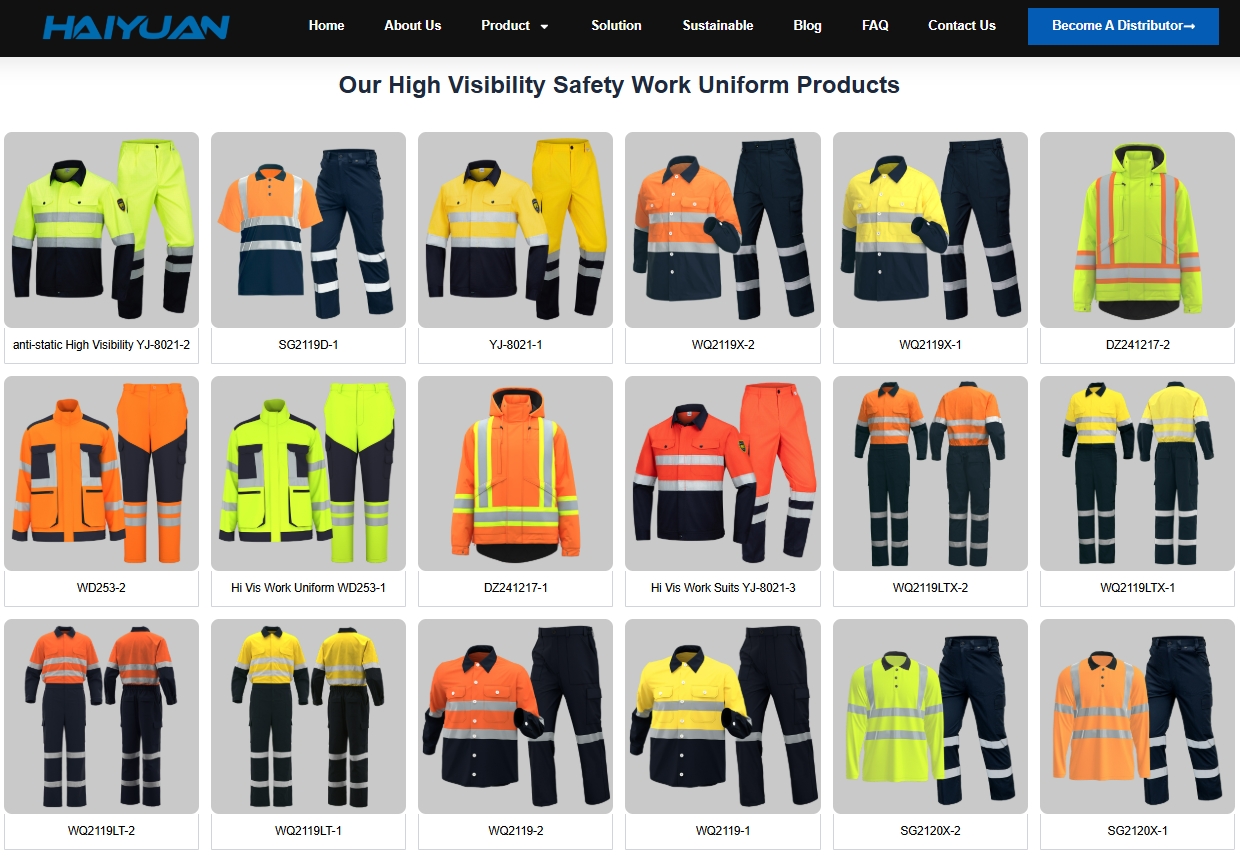
High Visibility Safety Work Uniform
2. Core Purpose: Accident Prevention
By being highly visible, the safety jacket directly works to prevent accidents in specific scenarios:
-
For Road Workers: Prevents them from blending into the background for drivers, machinery operators, and traffic.
-
For Construction Workers: Ensures they are seen by crane operators, forklift drivers, and other equipment operators on a busy site.
-
For Emergency Responders (Police, Fire, EMT, Tow Truck Drivers): Allows them to be seen quickly by motorists, reducing the risk of being struck while assisting at an incident scene.
-
For Cyclists and Motorcyclists: Increases their visibility to drivers, especially at dawn, dusk, or in poor weather.
-
For Airport Ground Crews: Makes them visible to pilots maneuvering large aircraft.
-
For Railway Workers: Ensures they are seen by train operators.
3. Secondary Functions & Features
Many modern safety jackets also incorporate other protective features:
-
Weather Protection: Many are waterproof, windproof, or insulated to protect workers from the elements.
-
Durability: Made from tough, rip-resistant fabrics like polyester or mesh to withstand harsh work environments.
-
Compliance with Standards: They are manufactured to meet specific safety standards (like ANSI/ISEA 107 in the USA or EN ISO 20471 in Europe), which dictate the amount and placement of fluorescent and reflective material to ensure effectiveness.
-
Identification: Often come in specific colors or with custom printing to identify a worker’s company, role, or team (e.g., site supervisor, first aid responder).
In Simple Terms:
Think of a safety jacket as a visual alarm system. Its work is to shout, “Hey! I’m here! See me!” to anyone operating a vehicle or machinery, giving them crucial extra seconds to react and avoid a collision.
In summary, while a workwear jacket protects the wearer from the job, a safety jacket protects the wearer by making the job aware of them. Its fundamental work is to be a critical, life-saving barrier between a person and their hazardous surroundings.
For some insightful reads, we’ve curated a list of recommended articles just for you:
- How do I find a product manufacturer in China?
- How to find cheap manufacturers in China? A guide to avoid pitfalls
- How to complete your first purchase of workwear in China safely and efficiently
- Custom uniforms for Small business
- Choosing the Best Industrial Work Suit
- Ultimate Guide: Best Wholesale Work Clothes in China
- Cut & Sew Customization
- Logo Customize Clonthing Manufacturer
- Labour Uniform manufacturer
- Labor clothing uniform for sale
- Working clothes china wholesale
Can’t find what you’re looking for? Feel free to contact us. We’re here to help 24/7.

